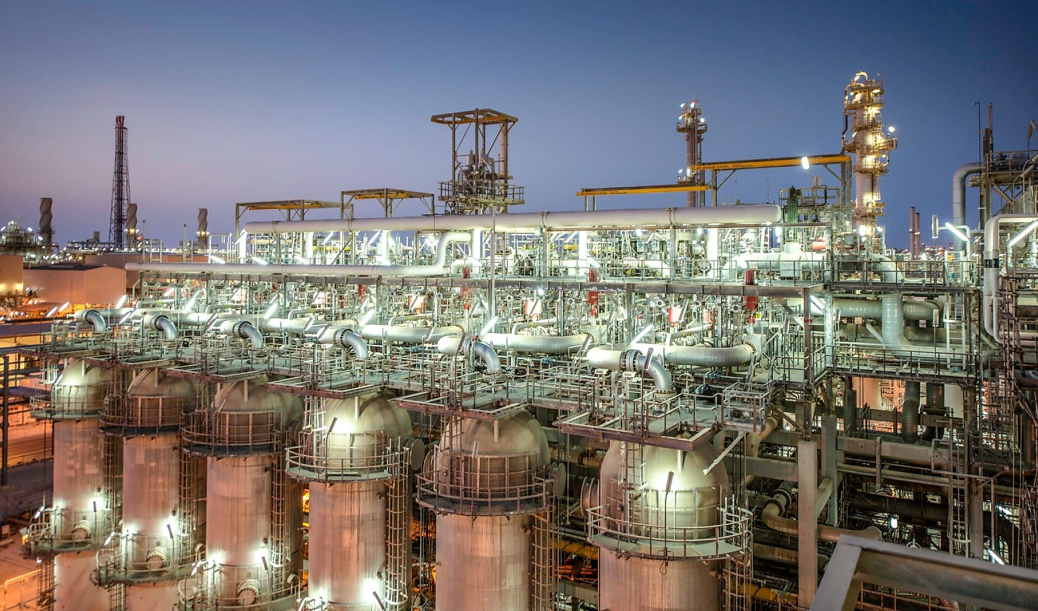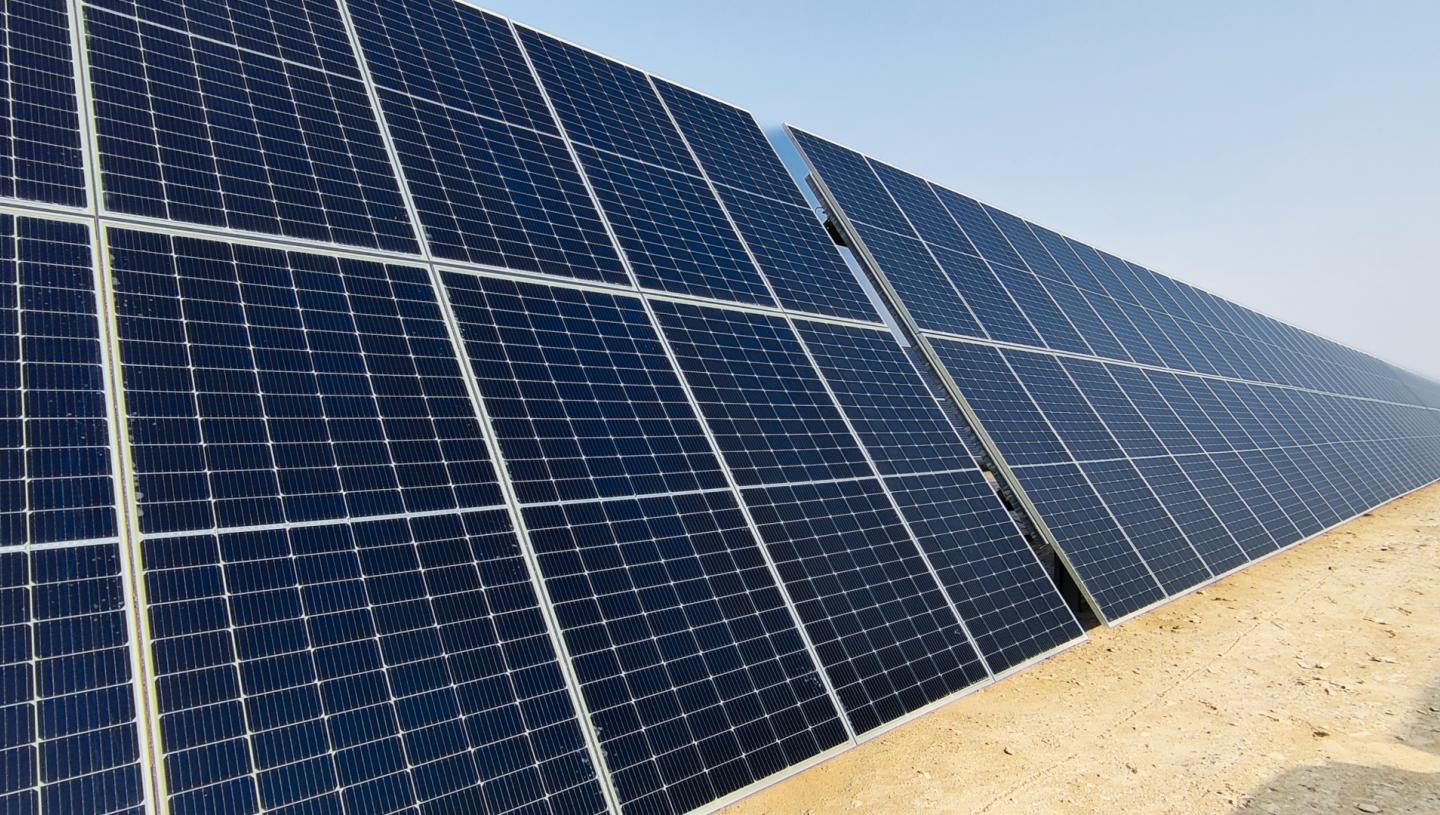Energy

Meeting Global Energy Needs
Qatar is the top global exporter of liquefied natural gas (LNG) and works closely with international partners to deliver long-term solutions and provide reliable, clean fuel supplies to the world.
- Qatar supplies energy to partners across continents, including in Asia, South America, Africa and Europe, through both long-term agreements and on the spot market.
- Qatar boasts the largest global LNG shipping fleet, currently consisting of more than 70 vessels, and will add additional 100+ new state-of-the-art LNG ships starting in 2024. These new vessels will run on LNG as a primary fuel and LSFO (Low Sulphur Fuel Oil) as a secondary fuel, reducing emissions and supporting the achievement of the objectives set out in the initial International Maritime Organization strategy to curb greenhouse gas (GHG) emissions from ships.
- Qatar is a key player across the upstream and downstream sectors. Qatar’s commitment to a massive investment program to expand its LNG production capacity is a sustainable investment for the future that will help the world meet its energy needs.
A Pivotal Role in the Energy Transition
As a leading supplier of natural gas, Qatar is in a prime position to contribute to the global energy transition, by supplying cleaner, safer, more reliable and flexible energy through its LNG resources. As the demand for energy grows, natural gas, a clean, reliable, and affordable energy source, plays a critical role in meeting the growing demand while reducing carbon emissions. Additionally, natural gas can also serve as a feedstock to produce low-carbon hydrogen and ammonia. It can also help to reduce emissions from industries such as heavy transport industry and other sectors.
To support global demand, Qatar is committed to increasing its LNG production capacity from 77 million tons per annum (MTPA) to 126 MTPA by 2026, almost doubling supply to support global demand. The North Field East (NFE) and North Field South (NFS) Expansion Projects are under execution, and all EPC (Engineering, Procurement, and Construction) contracts have been awarded.
- In June 2022, QatarEnergy signed partnership agreements with TotalEnergies, Eni, ConocoPhillips, ExxonMobil, and Shell as part of the NFE expansion project.
- In October 2022, QatarEnergy finalised the partnership agreements for the NFS project with TotalEnergies, Shell and ConocoPhillips.
- In 2023, QatarEnergy announced the entry of China Petrochemical Corporation (Sinopec) and China National Petroleum Corporation (CNPC) as additional partners in the NFE project.

QatarEnergy Sustainability Strategy
In March 2022, QatarEnergy launched its updated Sustainability Strategy, which sets forth a range of initiatives dedicated to reducing greenhouse gas emissions.
At the forefront of these efforts is the deployment of CCS, making Qatar a leader in the MENA region. With the largest operating CCS capacity in the region, capable of injecting more than 2.2 million tons of CO2 per annum, QatarEnergy aims to expand this capacity and capture more than 11 MTPA of CO2 by 2035. These endeavours will result in a substantial decrease in carbon intensity, with a projected reduction of 35% in Qatar’s LNG facilities and a minimum of 25% in its upstream operations.
Separately, the State of Qatar is committed to continuing its efforts to cease routine flaring and minimise fugitive methane emissions along the gas value chain.
Concurrently, Qatar continues to invest in renewable energies, recognising their crucial role in sustainable development.
Flagship Renewable Energy Projects

Al Kharsaah Solar Power Plant
Al Kharsaah Solar Power Plant is Qatar’s first large-scale solar power plant and one of the largest plants of its kind in the region in terms of size and capacity. Inaugurated in October 2022, its 1.8 million solar panels provide 10% of the country’s energy requirements through the power grid, and contributes to a reduction of 26 million tons of CO2 emissions over the project’s lifespan.
In an additional commitment to renewable energy, Qatar has announced plans to double the capacity of its solar energy projects, expanding from 875 MW to over 1675 MW through investments in PV solar power plants at Mesaieed and Ras Laffan.

Ammonia-7
QatarEnergy Renewable Solutions and Qatar Fertiliser Company (QAFCO) signed in August 2022 agreements to construct the Ammonia-7 facility, the world’s largest Blue Ammonia project, valued at approximately $1 billion.
